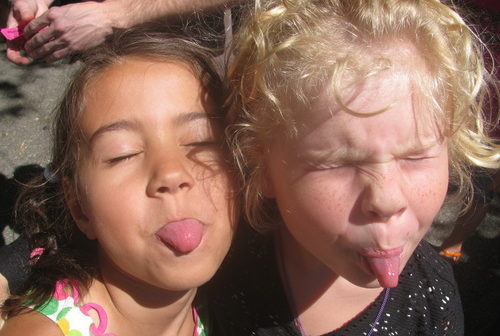Expat kids in Beijing kids have some conspicuous and concrete advantages over their homeland peers when it comes to becoming proficient in putonghua. Many international families have a multicultural heritage and may speak two or more languages a day between home, school, and the street. In many cases, kids here also have the advantage of attending school with friends who are native speakers of the languages they are studying.
Benefits of Speaking Another Language
The benefits of bilingualism and multilingualism are extensive and well known. Speaking another language prepares kids for life in the global community. English is still the lingua franca of the international business community, but increasingly, this hegemony is being challenged. More and more, thriving in our rapidly shrinking world means communicating effectively with others in their local language.
Bilingualism has far reaching effects on cognition as well as language. Bilingual kids react quicker and can exclude irrelevant information faster than their monolingual peers. Makes sense, since they must extract, sort and categorize meaning from sound more frequently. They can also multitask more effectively, because they are used to juggling input from two or more language systems, and these skills come into play even away from linguistic tasks.
Find two previous and comprehensive beijingkids articles on bilingualism/multilingualism here and here.
Benefits of Speaking One Language
This fantastic infographic by technovatetranslations.com compares the many benefits of bilingualism vs monolingualism in one visual. It also reveals a couple of instances where monolingualism can be a benefit. Monolingual children have a larger vocabulary and people with a single language are faster at choosing le mot juste.
Photo courtesy of edenpictures at Flickr.com




